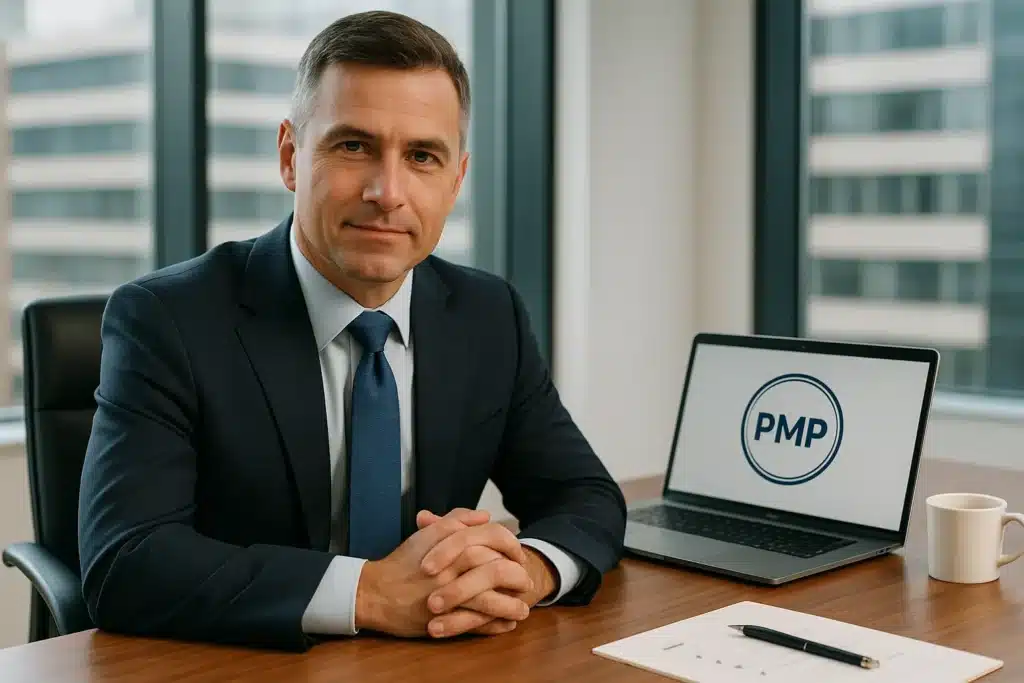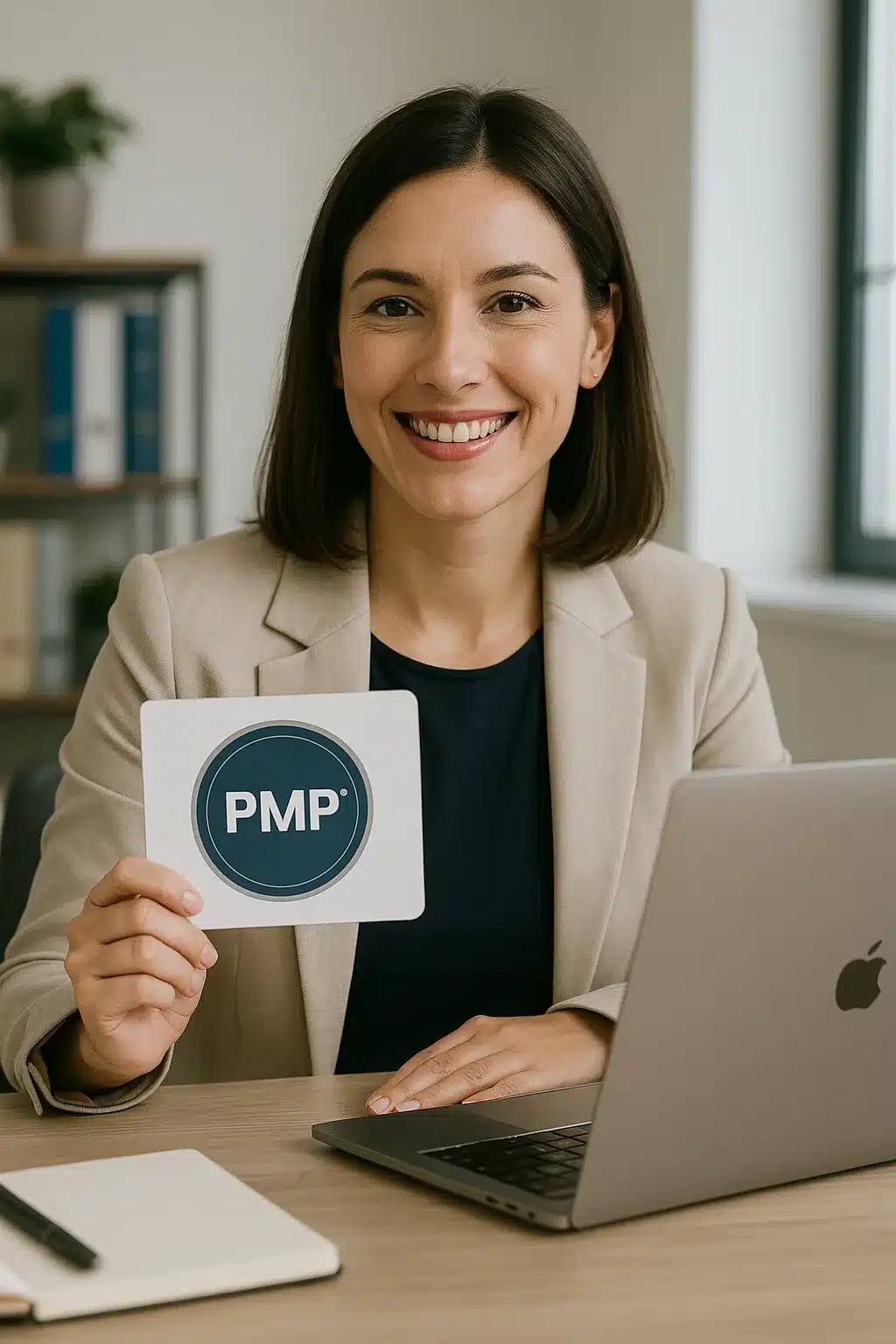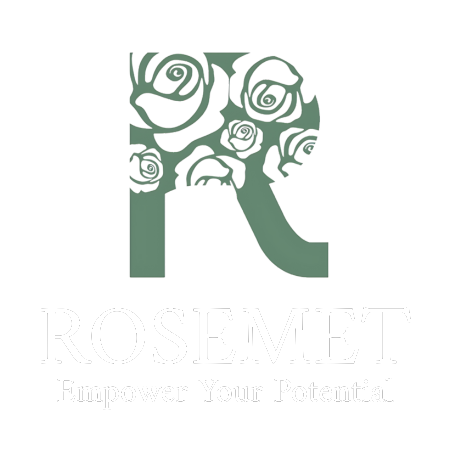Why PMI® PMP® Certification Still Matters for Your Project Career
Author: Alvin Villanueva, PMP®, PMI-ACP®; Editor: Geram Lompon; Reviewed by: Grace Payumo, PMP®
More than 2.3 million project-oriented roles are expected to open each year through 2030 (Project Management Institute, 2021). Additionally, the U.S. The Bureau of Labor Statistics also projects employment for management occupations will grow by about 8% from 2021 to 2031 (U.S. Bureau of Labor Statistics, 2024). Organizations are actively seeking professionals who can lead with confidence and authority. The Project Management Institute (PMI®) calls this the growing “talent gap,” and it means opportunity for you—if you’re qualified to fill it.
That’s where the PMI® PMP® Certification comes in. It remains one of the most respected credentials in the
What Is Project Management Professional (PMP®) Certification and Why It Sets You Apart
Let’s keep this simple: the
Based on the
When you earn your PMP certification, you’re not just proving what you know—you’re showing that you’ve put in the hours, applied
PMP® Certification Requirements
Your eligibility depends on your educational background. If you hold a bachelor’s degree or its global equivalent, you require 36 months of
Suppose your highest level of education is a high school diploma or an associate’s degree. In that case, you’ll need 60 months of experience, along with 35 contact hours of education or a Certified Associate in
That training must come from an approved source and should help you build essential project management skills aligned with PMI’s exam content outline (Project Management Institute, 2023b).
| Education Level | Experience Required | Training Requirement |
| High School Diploma | 60 months | 35 contact hours or CAPM |
| Associate’s Degree | 60 months | 35 contact hours or CAPM |
| Four-year Degree or Bachelor’s Degree (or global equivalent) | 36 months | 35 contact hours or CAPM
|
Understanding the PMP® Certification Exam: What to Expect
The PMP exam isn’t your average multiple-choice test—it simulates real-world pressure. The PMP exam consists of 180 exam questions that blend situational scenarios, knowledge-based problems, and interactive formats. These cover three key domains: People, Process, and Business Environment (Project Management Institute, 2023b).
Expect to apply knowledge to realistic project challenges, such as managing risks, navigating scope changes, or applying agile techniques. It’s designed to test how you think, not just what you recall.
You can take the exam online or at certified testing centers. Whichever route you choose, strong PMP exam preparation, including practice exams and mock questions, is key to walking in fully prepared.
Planning Your PMP® Journey: Cost, Preparation, and Confidence
For PMI members, the exam fee is approximately $425 USD in the USA, although costs may vary by region. Non-PMI members pay around $675 USD. Many applicants join PMI first, not just to save on costs, but also to access exclusive preparation tools, forums, and templates (Project Management Institute, 2023b).
Prep isn’t a checkbox—it’s your launchpad. The required 35 training hours introduce you to predictive
If you’re looking for a structured, comprehensive, and flexible PMP learning experience, the ROSEMET PMP® Course Bundle offers a well-rounded path from beginner to exam-ready. It includes all the essentials—plus expert guidance to help you finish strong.
Create a study plan that includes practice exams, weekly milestones, and targeted review sessions to ensure adequate preparation. Treat your prep like a project—define your scope, manage your time, and reduce your risks. Your experience leading projects and developing PM skills will play a key role in how confidently you prepare.
Maintaining Your PMP® Credential: Renewal and PDUs
Once certified, your PMP credential is valid for a three-year cycle. To maintain it, you’ll need to earn 60 professional development units (PDUs). These can come from courses, teaching, or volunteering, and they help you stay current as project trends shift (Project Management Institute, 2023d).
PMP certification renewal helps you remain competitive in today’s business landscape and demonstrates your ongoing commitment to professional development. Renewal also opens doors to other PMI certifications, giving you an edge in long-term career growth. It’s less about paperwork and more about staying ahead of the curve.
Why PMP® Certification Pays Off Professionally
Beyond the income boost and better job prospects, PMP certification can reshape how you approach projects. You’ll begin thinking in frameworks, communicating with clarity, and aligning your work with strategic outcomes.
As a globally recognized credential, you’re eligible for roles in the tech, healthcare, construction, and finance industries that require validated project leadership (Project Management Institute, 2023b).
According to the PMI Salary Survey, PMP-certified professionals earn a median of 32% more than their non-certified peers (Project Management Institute, 2023a). And that’s just the average salary—some individuals earn far more, depending on their experience, region, and industry.
PMP certification earns you the knowledge to complete projects more efficiently, align with stakeholders more effectively, and outperform the other half of the competition that is still climbing the ladder.
Key Takeaways
- PMI awards PMP certification and proves your readiness to lead projects across industries (Project Management Institute, 2023b).
- Requirements vary depending on the educational background and
project management experience. - The exam covers three domains: People, Process, and Business Environment, using agile, hybrid, and predictive approaches.
- Prep includes 35 contact hours, typically through training aligned with the exam content outline.
- PMP certification holders enjoy higher salaries and more leadership opportunities (Project Management Institute, 2023a).
- Renewal requires 60 PDUs every three years to keep your credential active (Project Management Institute, 2023d).
- PMI members gain access to resources, discounts, and a global support network (Project Management Institute, 2023b).
Final Thoughts: Your Project Future Starts Here
Getting PMP certified isn’t about checking a box. It’s about stepping into roles that push you to grow and lead.
When you earn your credential, you join a widely recognized global network that believes in better ways of working. You speak the same language as project leaders across industries and continents.
And in today’s business environment, where adaptability and results matter more than ever, that kind of credibility doesn’t just open doors; it unlocks opportunities. It opens possibilities.
References
Project Management Institute. (2021). A guide to the
Project Management Institute. (2023a). Earning Power:
Project Management Institute. (2023b). PMP Certification Handbook. https://www.pmi.org/certifications/project-management-pmp/handbook
Project Management Institute. (2023c). PMI Talent Triangle®. https://www.pmi.org/certifications/certification-resources/talent-triangle
Project Management Institute. (2023d). Certification renewal requirements. https://www.pmi.org/certifications/certification-resources/maintain
Project Management Institute. (2021). Talent Gap: Ten-Year Employment Trends, Costs, and Global Implications. https://www.pmi.org/learning/thought-leadership
U.S. Bureau of Labor Statistics. (2024). Occupational Outlook Handbook: Management Occupations. https://www.bls.gov/ooh/management/home.htm


